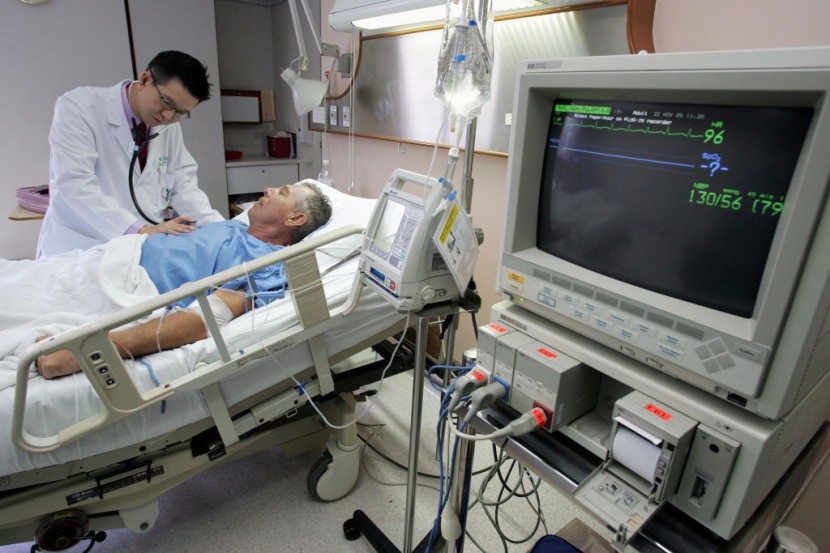
Sudden Adult Death Syndrome is becoming more common, claiming the lives of seemingly healthy young individuals as they sleep. To put it another way, people are dying without showing any indications of illness. After going to bed, they simply do not wake up or collapse during the day.
The term "sudden adult death syndrome" (SADS) refers to sudden cardiac death in young people. It is not connected to vaccinations, as some assert on social media.
Is SADS Linked to COVID-19 Vaccine?
The Daily Mail published a piece on June 8 about healthy young individuals dying abruptly and unexpectedly from a strange condition, while physicians try to find explanations through a new national registry. The article about Sudden Adult Death Syndrome (SADS) was widely circulated on social media.
Since the report was released, SADS has been trending on Google, and some social media users have speculated that SADS might be connected to vaccines. The cause of Sudden Adult Death Syndrome, also known as Sudden Arrhythmic Death Syndrome, is unknown. When someone suffers from sudden cardiac death, this is known as SADS. It's a condition that's been researched for decades.
Sudden Adult Death Syndrome (SADS) occurs most commonly in individuals in their mid-30s to mid-40s, according to the Cleveland Clinic, and males are affected twice as often as women. It can also happen to younger people, such as young athletes who die abruptly while participating in sports. According to the SADS Foundation, SADS is not the same as Sudden Infant Death Syndrome.
The origin of SIDS is still mostly unclear, according to the SADS Foundation in an email. SADS conditions are inherited genetic arrhythmia diseases that arise when the electrical system of the heart is not functioning properly.
An arrhythmia, or electrical disruption in the heart, is the most prevalent cause of SADS, according to Payal Kohli, MD. Kohli is the founder and medical director of Cherry Creek Heart, a non-invasive cardiologist in Denver. She is also an assistant clinical professor of medicine in the department of cardiology at the University of Colorado.
SADS had been around for a long time before the COVID-19 pandemic, and vaccines were available. The SADS Foundation claimed in an email that the first known incident of SADS was described in Germany in 1856 and that it has been studied in the United States since the early 1970s. The SADS Foundation is a non-profit organization that educates the public about SADS.
According to the Vaccine Adverse Event Reporting System of the Centers for Disease Control and Prevention, SADS has not been documented as an adverse response to the COVID-19 vaccines (VAERS). VAERS was established in 1990 with the purpose of discovering potential vaccination safety hazards in the United States. The CDC and the FDA are in charge of it.
Possible Cause of Sudden Adult Death
Kohli said she doesn't see why someone would link SADS to vaccination. Any condition that stresses the heart or damages cardiac tissue raises the risk of sudden death. According to KHOU, the following disorders might cause sudden cardiac death in young people:
Heart muscle thickening
Heart rhythm abnormalities
Chest puncture
Heart problem from birth
A doctor or cardiologist would conduct the following to screen someone for a health condition:
Take the individual's and family's complete medical history.
Perform blood testing to ensure that there are no electrolyte imbalances that might harm the heart.
An EKG, or electrocardiogram, is a process that maps the heart.
Order an echocardiography, which is a type of sophisticated imaging of the heart.
A doctor can identify if an individual is at risk for a cardiac arrhythmia that could lead to Sudden Arrhythmic Death Syndrome by combining all of these tests, according to Kohli.
Related Article : Particulate Air Pollution Deadlier Than Smoking, Alcohol, Reduces Global Life Expectancy by 2 Years
@YouTube
© 2026 HNGN, All rights reserved. Do not reproduce without permission.








